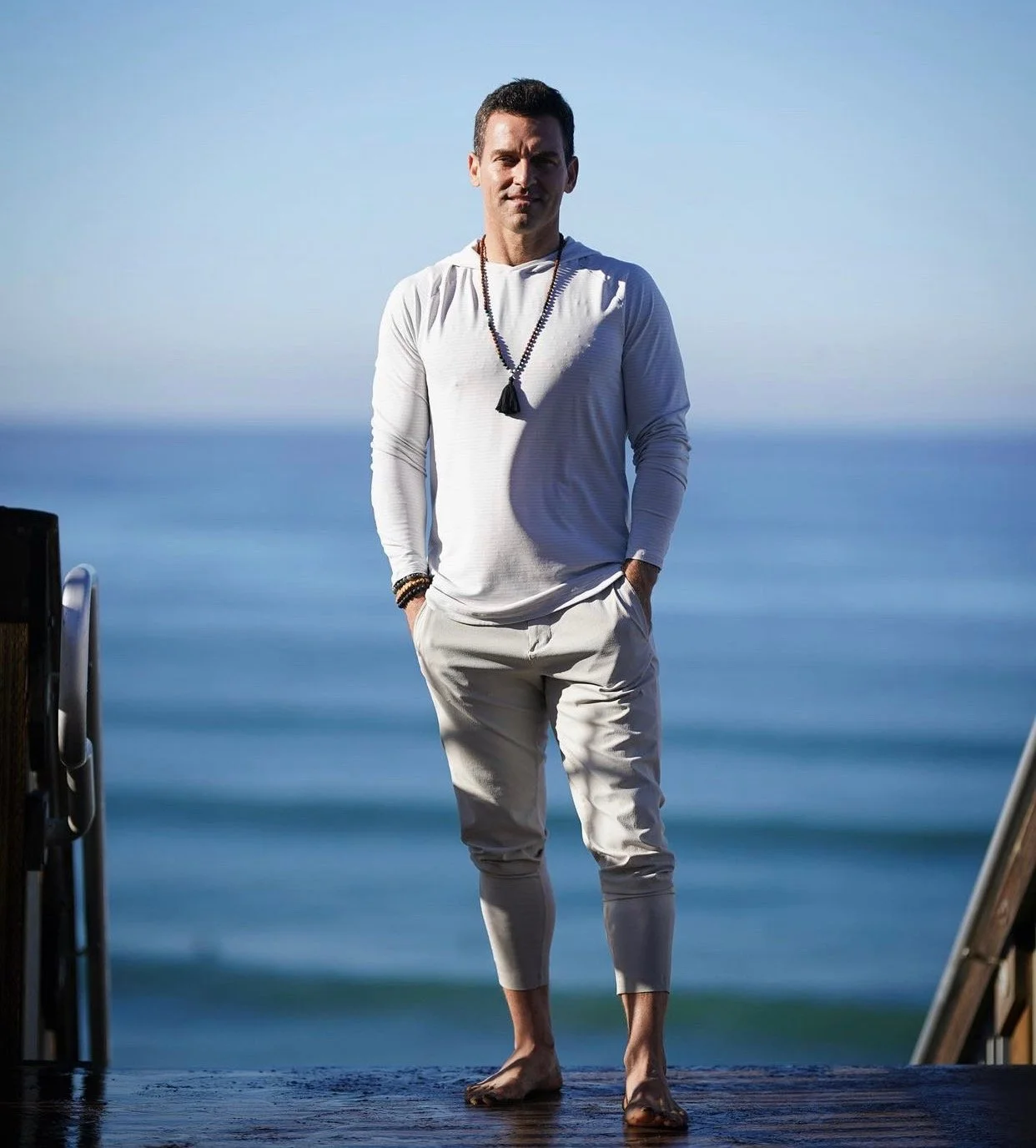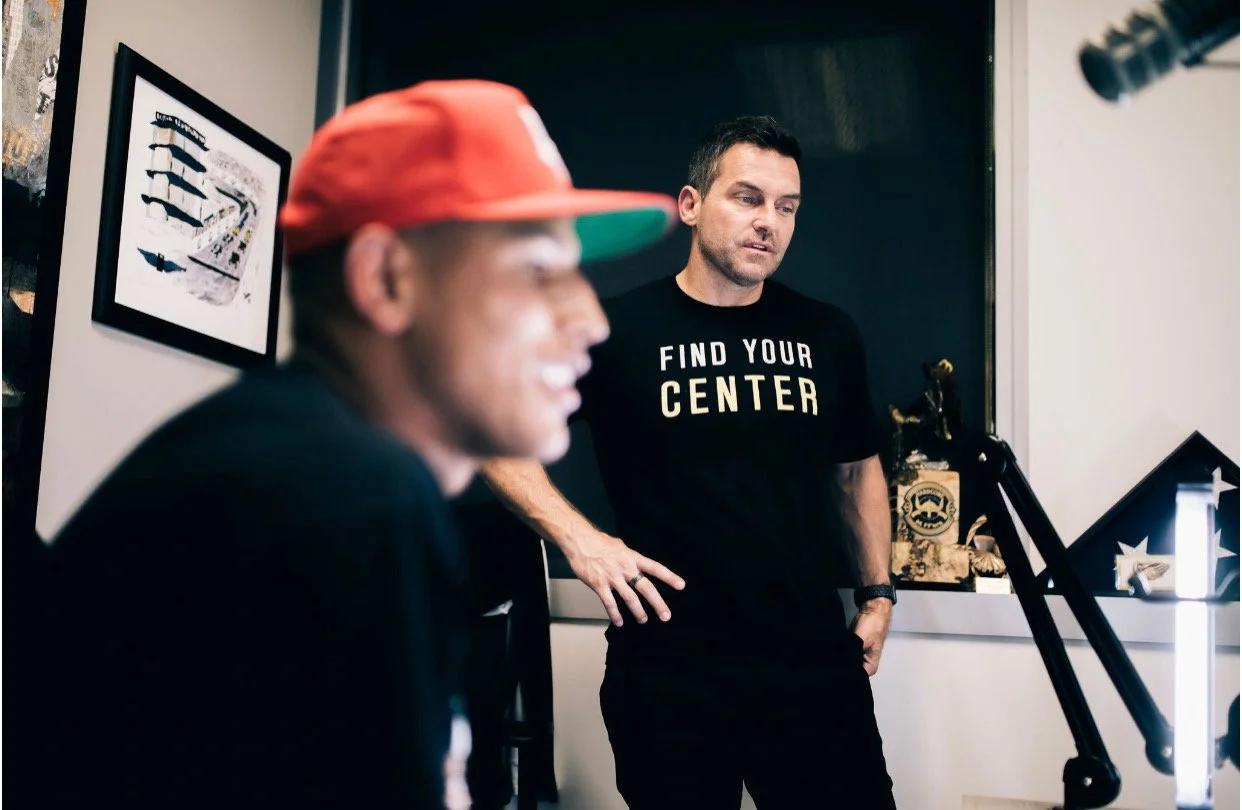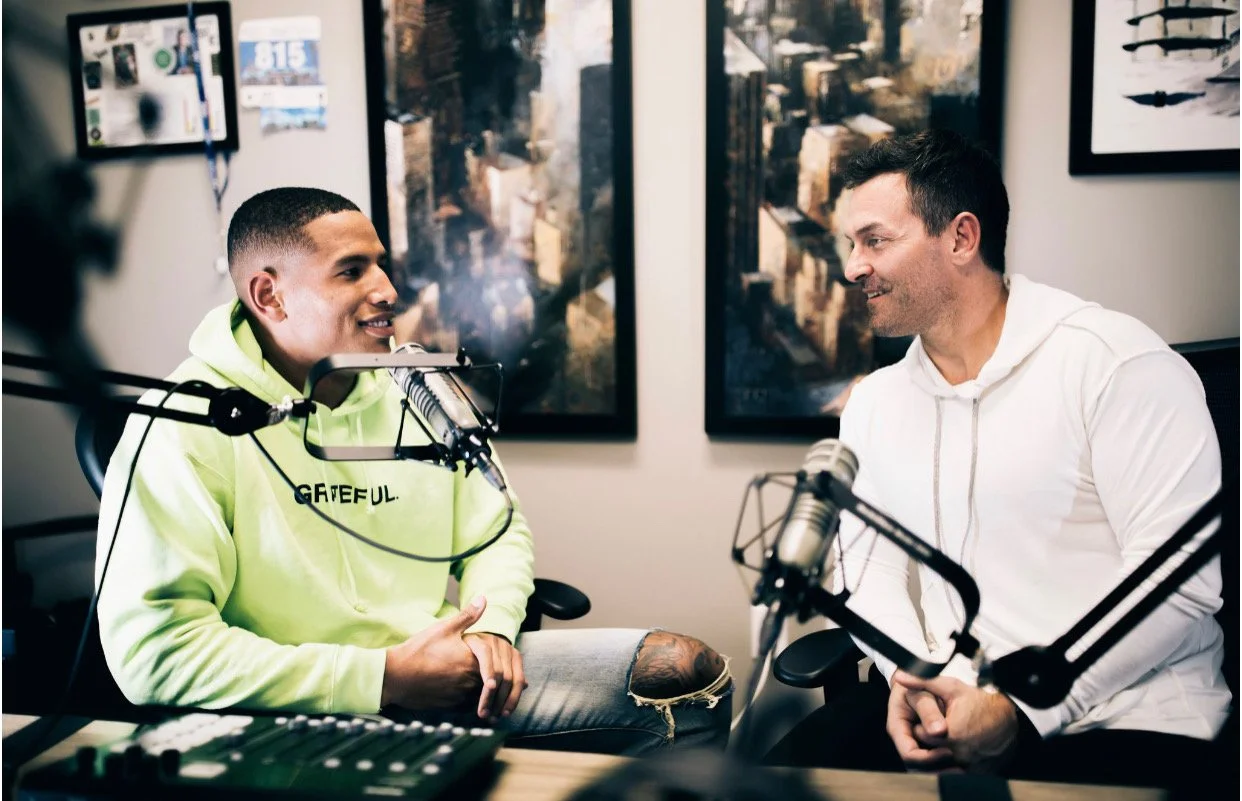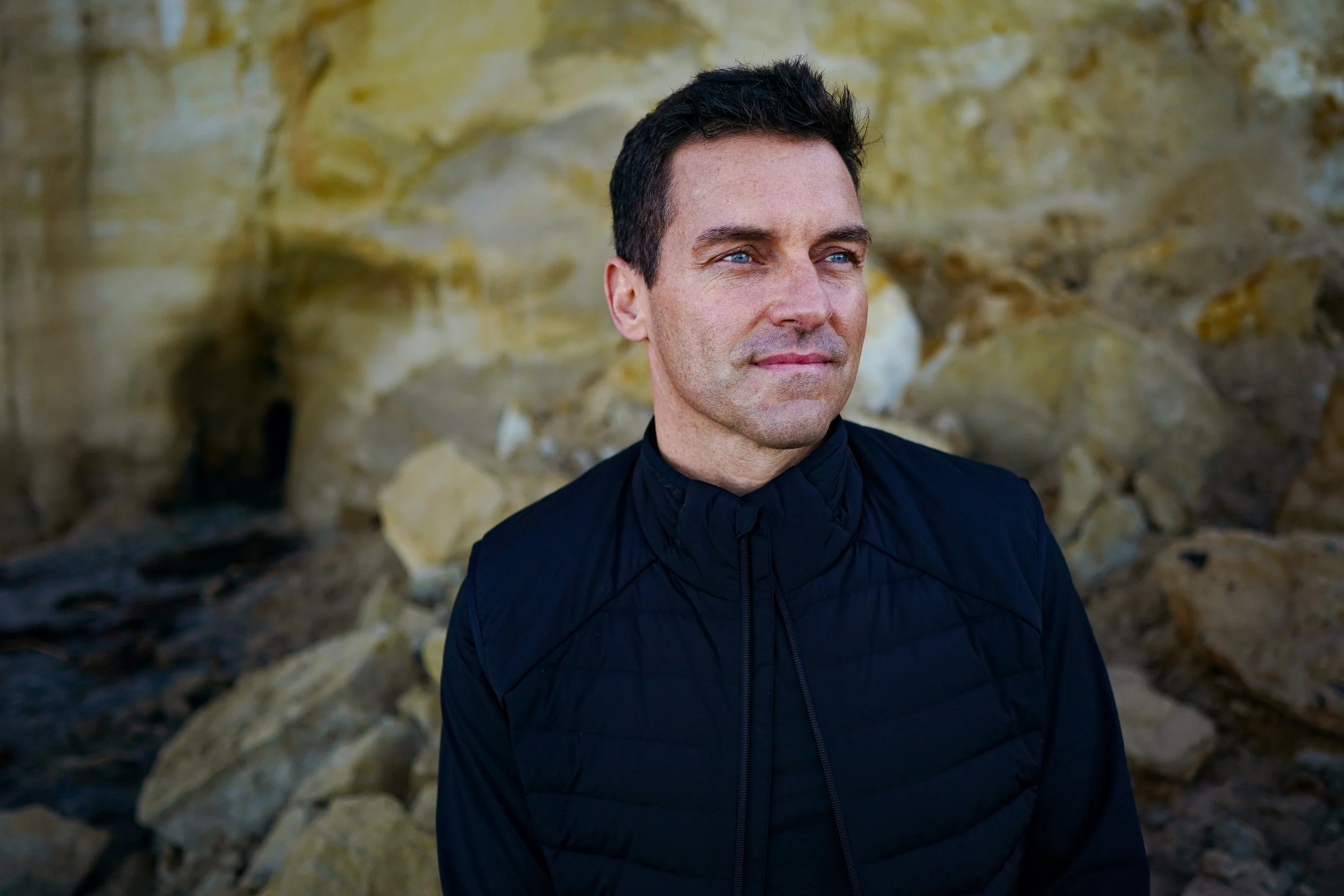Sobriety with Donny Starkins
As a former Division 1 baseball player, Donny’s journey into Personal Development and Mindfulness began in 2005, after seven operations on his left knee and an addiction to painkillers. Fast forward to today, Donny has many years of sobriety. He is a professional speaker, teacher, podcast co-host of "Comeback Stories," with NFL football player Darren Waller, and personal development coach. Donny works one-on-one with some of the top professional athletes in the world teaching mindset, life coaching and mindfulness.
When did addiction start for you?
I was playing baseball in college at Arizona State University, and I a traumatic knee surgery that turned my world upside down, and that’s when I dove into addiction. When I woke up from that surgery I was in massive amounts of pain, and I realized my baseball days were done. I was prescribed 80 Percocet a week for a month straight. I was lost and I was in a very tough place. I was in a lot of emotional pain and I was numbing the pain with partying and popping pills.
Can you expand more on your addiction?
Alcohol never had its grip on me, I drank for the party, but the pills were like a death grip for me. If I couldn’t get pain pills, zanex or volume would do the trick every time. They would make me feel like I could deal with life for a few hours, then they would wear off and I needed more.
Did you struggle with your identity after baseball was over? Did you feel, if I’m not a baseball player, then who am I?
Yes. 100%. I didn’t have enough pain to take pain pills, but when I got honest, I didn’t want to feel the emotional pain. I didn’t have a purpose anymore. It was like the perfect storm: Losing baseball, traumatic surgery, having to drop out of my classes due to the surgery, a relationship breakup…I didn’t have the tools to help me deal with it all.
After the drug wore off, you said you were still struggling. What did this look like?
The more often you take, your tolerance grows. One was never enough, two, three. I was waking up in the morning so stuck in fear and anxiety, my heart was racing. the first thing I would do in the morning would be to wake up, find my pill bottle and immediately pop pills before I would do anything else. I could not function or live life on life’s terms until I had pills in my system. That vicious cycle became my rock bottom
When did you realize you wanted to get help?
I was finally buried in guilt and shame with the pain I put my family through. Shame is the lowest vibrational frequency you can be in. My decisions were starting to impact my family. That was the shame that made me think “I am a bad person. I’m a bad son. I’m a bad brother”. When I didn’t want to feel shame, I took more pills. Eventually I got into a treatment center, to get to the root of my problem.
What was the root of your problem
Root of the problem was loss of purpose and identity.
How did treatment help you?
I remember one night praying, God just tell me what I need to do. I became so willing because I was so beat down by my addiction. God spoke to me through the mouths of 2 guys at a meeting during treatment. From then, I knew what I needed to do to get things right this time. I went 3 years “all in”, sober, but then I strayed away and tried to do things on my own and I relapsed.
Can you talk about what your relapse looked like?
Three years into my sobriety, I hurt my knee again, and got another surgery, and I woke up from the surgery and loved the way I felt again. 6 days later, I was back in the doctor's office lying about the level of my pain. That led to an 8 month relapse of popping pills.
What did it take to get sober again after your relapse?
It once again started with getting honest. And then followed with humility. I had to humble myself and go back into the rooms of recovery as a newcomer. That did not feel great at the time, but it was the best thing that ever happened to me, and it taught me so many lessons especially reminding me that the work will never stop.
I had to learn from what went wrong and how I got away from my recovery program. Those are lessons that I will take with me for the rest of my life.
What did you learn from the relapse?
The relapse was important to me. It reminds me, the work will never stop. Whether you're sober or not, the work on ourselves will never stop. There is no turning back, once you’ve seen the light (of working on yourself) you can’t unsee it. It’s so important we don’t stop working on ourselves, we don’t stop loving ourselves.
What are some of the tools that have helped you live a sober life?
The 12 steps.
Accountability- Having a core group of men in life I have to be accountable to. They say you're the sum of the 5 people you hang out with. This level of accountability is huge. It’s having friends who will call you out on your stuff.
Therapy- been so key, I don’t care how perfect you think your life is, a therapist helps us understand why we do what we do, why we are who we are, and why we’ve gotten to where we are. It’s having someone point out our blind spots.
Yoga- It’s a cornerstone in my recovery, this mind body connection. On an energetic level, yoga helps us go to the darkest corners of our body, move tension, trauma, guilt and stuck energy. Any movement, not just yoga. We leave feeling light, feeling free.
Meditation and having a morning routine.
Service- I was very selfish and self-centered. So if you are ever stuck in self-pity just go help someone so you're not just thinking about yourself. Service is huge to me.
How are you of service today?
One of the ways is a podcast I have with Darren. Darren is an NFL football player, plays for the Raiders. He’s sober and he is public about his sobriety. We created a podcast about comeback stories, reminding everyone that they have their own comeback story.
What would you say to those who are turning to substances to numb?
You can get ahead of the addiction, or suicidal thoughts, by having daily practices in your life. One practice is having a good relationship with yourself and loving yourself. Other practices such as talking positively and not judging yourself. The only story that matters, is the one we tell ourselves. If we tell ourselves “I’m not good enough” you will believe you are not good enough. It’s through self-love practices and mindful self compassion to truly believe we are not those thoughts.
Can you expand on why “loving ourselves” is essential to sobriety or just living an overall healthy lifestyle?
If we don’t love ourselves, we look for it outside of ourselves to fill a void. It can come through material stuff, dugs, sex, etc. Self-love, I know it’s a buzz word, but if we love ourselves, we then know that we are loved, which gives us a sense of purpose, and then we can give love back to others.
You talk about the “empowered no”. What is this and how is it tied to our values?
When you say no to something, you're saying yes to something else. If you don’t know your values, then you can't clearly articulate why you don’t wanna do something. If you don’t know your values, you can be talking into doing something you don’t necessarily want to do. The empowered no is saying what it is that you will not allow into your space.
It's all a practice. What we practice grows stronger. You don’t have to feel bad practicing boundaries- in our place of work, with our family or best friends. You're not placing limitations on them.
How do you feel today about your sobriety?
I have a freedom I never knew was possible.



